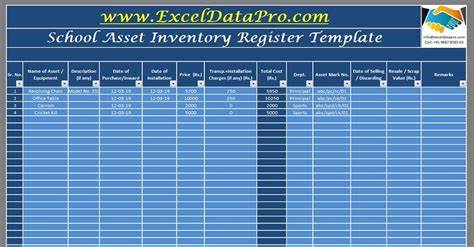What is the difference between assets and inventory?
Inventory is a part of the business’s current assets, like goods and materials, to generate revenue. Not all companies have inventory businesses like providing services will not have inventory, but the manufacturing will have inventory and central tat. Whereas assets are concerned, all companies will have and use that to run their business. The other company sells inventory to make money, whereas investments provide different value types to the industry.
Assets
There are two types of assets tangible assets and nontangible assets. Tangible assets include physical assets such as machinery, equipment, vehicles, land, and buildings. Nontangible purchases are not physical assets such as cash, debtor’s balances, goodwill, intellectual property, copyrights, patents, and trademarks.
Inventory.
Inventory is the difference between a business’s opening and closing stock. It is also known as unsold stock at the end of the year and shows a current asset in the balance sheet.
There are three types of inventory, raw materials, work in progress, and finished products. Natural materials are the essential component of the finished product; for example, cotton is the primary product to produce clothes. Work in progress is partly finished goods that need more work to complete as a finished product.
Management of the asset and the inventory
Inventory is the current asset but is not included in the present and cash ratios. Managing support is different from inventory management, but if the purchase is high in a company, it increases its overall worth. If you find the inventory grown in a business, it negatively affects the industry because it shows that you are either ordering too much stock or not making enough sales. Therefore, you also need proper inventory management to avoid cash flow problems.
Asset management is a systematic process of developing, operating, maintaining, upgrading, and disposing of assets most cost-effectively. If we consider fixed assets, that value changes over time because of depreciation, but the assets give a valuable service to the company.
Inventory, on the other hand, loses value if it stays in business for a long time. One-reason companies give discounts on products is to sell them out-of-season products quickly to maintain revenue.
What are the Benefits of Managing Business Assets?
An asset management system’s benefits to large and small businesses are enormous, yet, they are so commonly overlooked. Inadequate management of assets in a company will cost and waste money, reducing the investment’s life span. Asset management also helps schedule a maintenance job and creates alerts for you. It assists in growing your business by identifying unproductive items. The benefits from asset management increase productivity and efficiency, resulting in a better financial position for the company.



